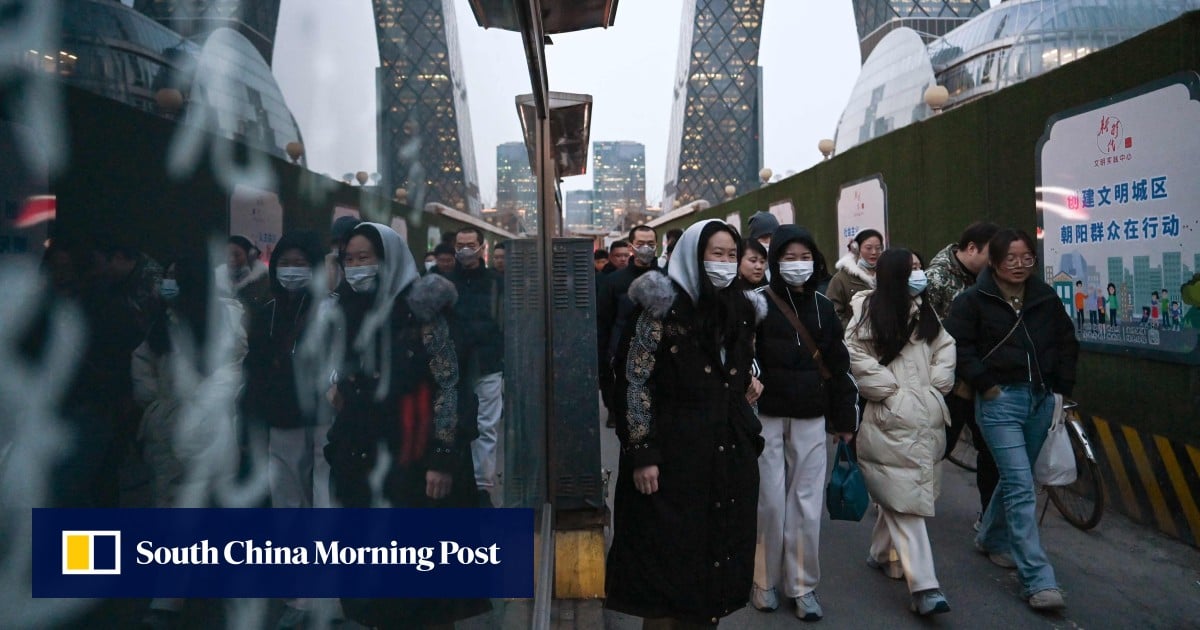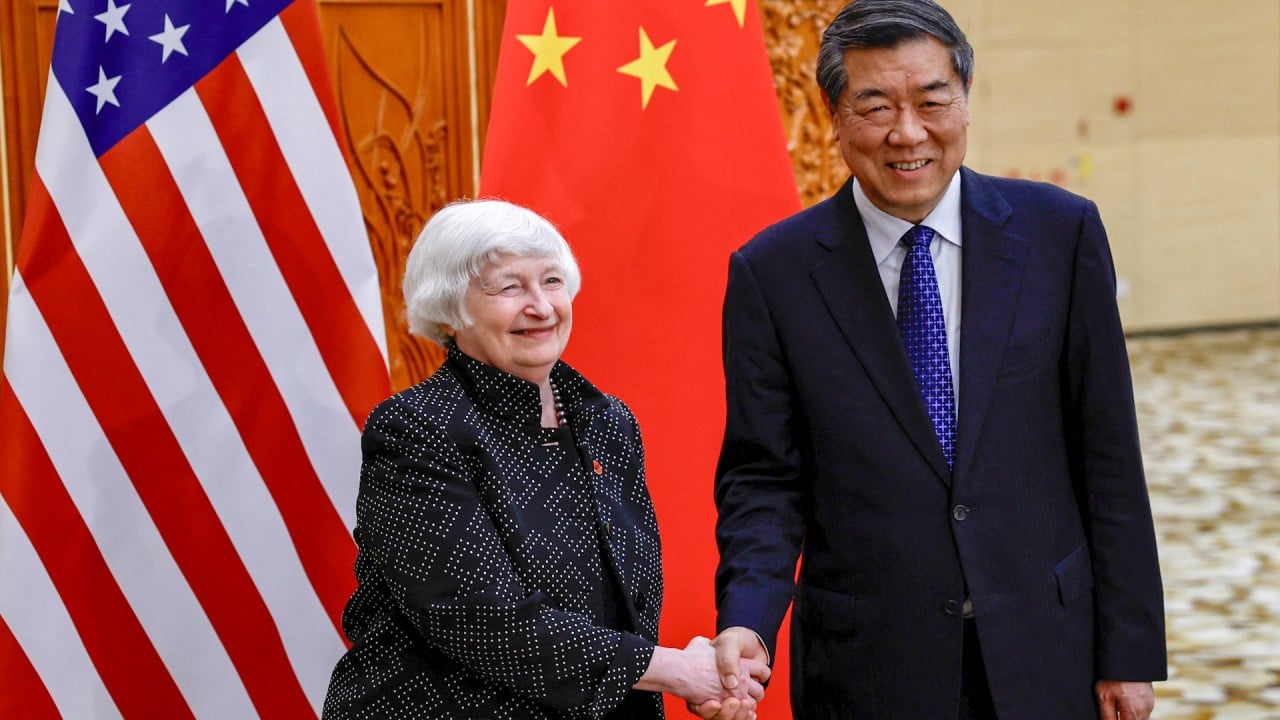Local government and party agencies in China are rolling out rules to cut spending, including greater use of new energy vehicles, less tea and fewer indoor plants.
They vowed to “get used to living a tight life” in every aspect in keeping with Beijing’s persistent call amid a faltering economy.
The northwestern province of Shaanxi has mandated that new energy vehicles account for at least 40 per cent of newly procured and replaced official vehicles at the provincial level, excluding those for special purposes, the official Shaanxi Daily newspaper said on Sunday.
In Fujian province in southeastern China, “personal use of public resources” – such as using office supplies to print test papers and workbooks for workers’ own children – should be “resolutely eliminated”, the Education Bureau of Changting county said in a proposal to all faculty and staff issued on Sunday.
“[We should] resolutely wipe out the prolonged practice of sitting around and brewing tea in the office,” it added. Fujian is one of the major tea-producing provinces of China and has a strong tea culture.
The Government Office Administration of Luan in nearby Anhui province pledged on Sunday to cut the overall number of indoor plants in office areas by one-third, which it estimated would save more than 30,000 yuan (over US$4,000) a year.
It also ruled that no agency should use more than three vehicles a day and same-day return was required, except under special circumstances.
“The party and government take the lead in living a tight life, with the purpose of enabling the people to live a good life,” Chinese President Xi Jinping said during the two sessions in 2019 in an explanation of the rhetoric.
“Living within tight financial constraints is not a temporary measure or expedient, but a principle and guideline that needs to be adhered to in the long term,” China’s top supervisory organ said in an article published on its website in January.
In frugality campaigns across the country, local authorities have vowed to conserve daily resources, promoting water-saving appliances, efficient lighting sources and a paperless working environment.
“Every employee can start by reducing travel expenses, saving water and electricity costs, to truly practise the concept of ‘all costs can be reduced’,” said the party organ of an iron-making plant in Yunnan in its expense control proposal on Sunday.
It outlined its cost-cutting goals for the year: a 30 per cent reduction in travel expenses and drinking water costs compared to 2023.
Staff who were planning business trips should prioritise cost-effective transport and book their tickets at least three days in advance to get the lowest-priced tickets, it said.
The factory authorities also said they would not approve unnecessary bottled water consumption, and that bottled water would no longer be available during meetings.








